Outpatient Care and Practice Management
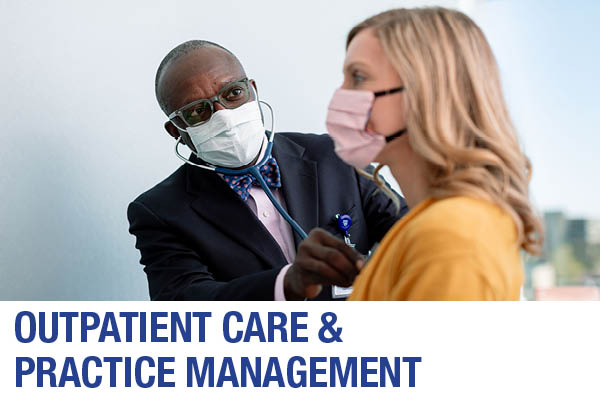
Course Director: Devyani Lal, M.D.
Mayo Clinic COVID-19: Expert Insights & Strategies Online CME provides concise updates related to COVID-19 through convenient, pre-recorded webinars. This online CME course will provide learners with the latest updates and strategies to protect themselves and their communities, and to provide treatment and mitigation information to enable healthcare workers to better manage cases and mortality rates. Topics include appropriate community- and personal-level protective and mitigating efforts; therapeutics; correct usage of personal protective equipment (PPE); and discussion of special scenarios healthcare workers may face.
Please see the "Program" tab for a summary of the segments available in the Outpatient Care & Practice Management category.
This education is part of a larger curriculum of COVID-19 education and is supported in part by an independent medical education grant from Pfizer Inc. and is in accordance with ACCME guidelines. Click to view the full course contents.
Target Audience
Healthcare workers of all specialties who are being impacted by COVID-19, including physicians, research scientists, physician assistants, nurse practitioners, nurses, and anyone with a particular interest in prevention, treatment, and patient care.
Learning Objectives
Upon conclusion of this program, participants should be able to:
- Describe COVID-19 clinical features, virus characteristics, disease pathogenesis, multi-systemic effects, laboratory testing, factors in increased morbidity and causes of mortality
- Identify criteria for PCR testing, antibody serology and interpretation of test
- Recommendation strategies for caregivers and providers managing patients with COVID-19 at home; tele-monitoring COVID-19 patients
- Define methods for for managing COVID-19 positive and under-investigation patients in the hospital setting
- Describe aerosol generating procedures in the hospital in outpatient and inpatient settings during the pandemic
- Identify trategies for preventing transmission in healthcare workers overall and high risk workers (emergency department physicians, anesthesiologists, respiratory therapists, pulmonologists, otolaryngologists, etc.)
- Identify strategies for prevention of transmission/mitigation in the community
- Describe investigational treatments and trials (with addition of significant results as they become available) as well as emerging strategies (e.g. prone ventilation)
- Recommend oxygenation strategies in severely sick COVID-19 patients: Mechanical ventilation, ECMO, transfusion etc.
- Apply guidance for managing special patient populations during the COVID-19 pandemic: pregnant patients, patients with acute emergencies, patients with immunodeficiency, patients undergoing cancer treatment
- Implement cross-training/retraining on COVID-19 relevant procedures (e.g. ventilator management)
- Describe guidelines on the correct use, donning and doffing for personal protective equipment (PPE)
- Implement telemedicine solutions for training and patient care
Utilization of this Mayo Clinic online (enduring materials) course does not indicate nor guarantee competence or proficiency in the performance of any procedures which may be in this course.Attendance at any Mayo Clinic course does not indicate or guarantee competence or proficiency in the skills, knowledge or performance of any care or procedure(s) which may be discussed or taught in this course.
The Mayo Clinic COVID-19: Expert Insights and Strategies Online CME Course brings together pre-recorded lectures and podcasts to offer a wide array of topics surrounding COVID-19. This course will continually expand to offer updated information. Please mark it as a "favorite" and check back for new and updated offerings.
COVID-19 information evolves daily. The views and perspectives shared in these resources are presented based on information available at the time of recording.
This education is part of a larger curriculum of COVID-19 education and is supported in part by an independent medical education grant from Pfizer Inc. and is in accordance with ACCME guidelines. Click to view the full course contents.
Program - Outpatient Care and Practice Management:
 | Safely Rebooting the Outpatient Practice During the COVID-19 Pandemic |
 | COVID-19: Environmental Controls for Infection Prevention - Clinical Outpatient |
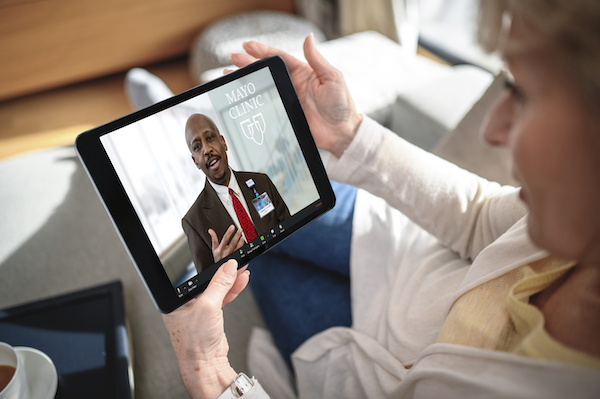 | COVID-19 and the Rapid Transition to a Virtual Practice: Webinar Session 6 The COVID-19 pandemic has required critical care practitioners and administrators to prepare for a surge in critical care capacity. Mayo Clinic experts discuss lessons learned from Mayo's initial mass critical care planning efforts during the pandemic. Leaders from various sites compare the differences in critical care planning, preparedness and shaping forces within different practice settings across the Mayo Clinic enterprise. |
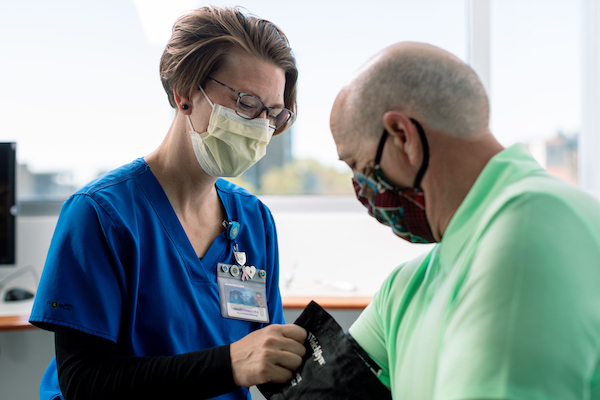 | The Impact of Care Disruption for Patients with Non-Emergent Needs (Podcast Episode 42) The COVID-19 pandemic has caused waves of care disruption for people around the world. What patient populations have faced unique risks? What signs of impact from the temporary restriction of medical outpatient services are we seeing? Sidna M. Tulledge-Scheitel, M.D., M.P.H., shares what's being seen at Mayo Clinic, what she anticipates we'll be seeing in the coming months, and what she'd do should this need arise again in the future. Click here for more information |
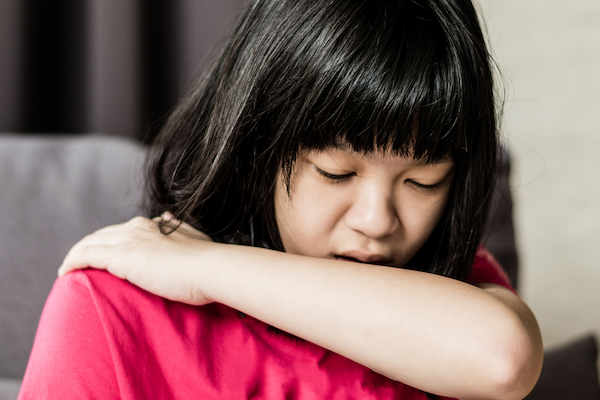 | Multi-System Inflammatory Syndrome (MIS-C) in Pediatric Patients (Podcast Episode 34) Pediatric patients who present with fever, lab evidence of inflammation, multisystem involvement, and recent or current SARS-CoV-2 infection fall under the case definition for multisystem inflammatory syndrome in children. They commonly present with persistent fever and gastrointestinal symptoms and concerningly, shock. Why are we seeing disproportionate rates in children of racial and ethnic minorities? Nipunie S. Rajapaske, M.D., M.P.H., concisely covers what's known about this syndrome and the data supporting its emergence as a post-infection complication. |
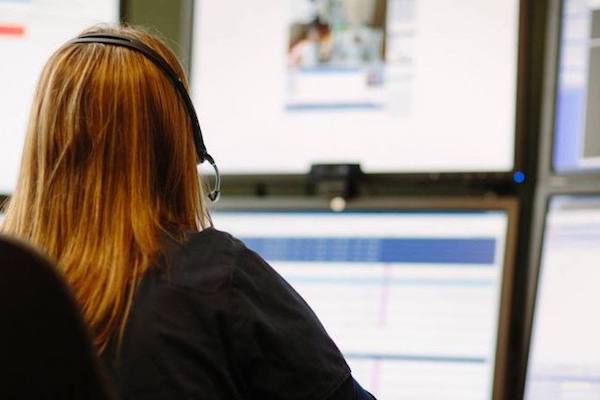 | Reflections on Telehealth and Teaching (Podcast Episode 28) How do you approach planning for telehealth visits? Christopher (Chris) A. Aakre, M.D., discusses preparing by considering: How am I going to assess this concern by video? What are you looking for? What are you hoping to see there? How are you best going to be able to instruct the patient? |
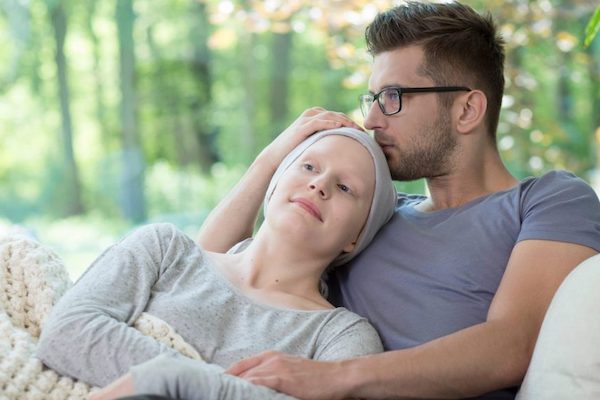 | Continuity of Care for Patients with Cancer (Podcast Episode 22) Because cancer treatments can weaken the immune system, patients with cancer are at increased risk of complications from COVID-19. Despite these concerns, these patients often still need treatment, including going to the clinic or to the hospital, and many have questions about whether cancer should be treated differently during the COVID-19 pandemic. Tanios S. Bekaii-Saab, M.D., a Mayo Clinic oncologist, explains how patients with cancer can safely continue their cancer treatment during the pandemic. |
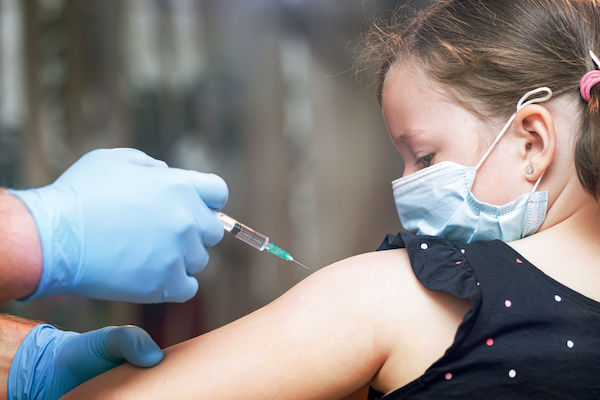 | Maintaining Routine Vaccine Schedules During COVID-19 (Podcast Episode 21) As the COVID-19 pandemic continues, the World Health Organization (WHO) says more than 117 million children in 37 countries may be missing out on the lifesaving measles vaccine. The WHO had issued some guidelines to help countries sustain immunization activities during the COVID-19 pandemic. Tina Ardon, M.D., a Mayo Clinic family medicine physician, discusses the importance of childhood vaccinations. Dr. Ardon also discusses masking guidelines for children during the COVID-19 pandemic. |
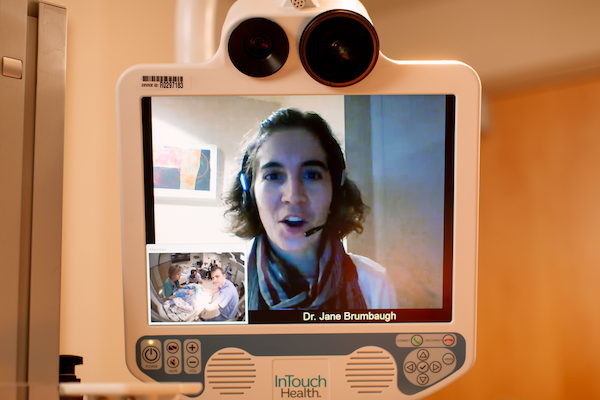 | Leveraging Telehealth to Treat Patients with COVID-19 — Part 2 (Podcast Episode 20) In this second part of a two-part episode on telemedicine, Amit K. Ghosh, M.D., M.B.A., speaks with M. Nadir Bhuiyan, M.D.; Ravindra Ganesh, M.B.B.S., M.D.; and Ryan T. Hurt, M.D., Ph.D., about the Mayo Clinic COVID-19 front-line care team and their efforts to establish a telemedicine practice for patients with COVID-19. Listen as they share key steps to successfully providing remote care, address concerns of patients with COVID-19, and mobilize a multifunctional team of health care professionals. |
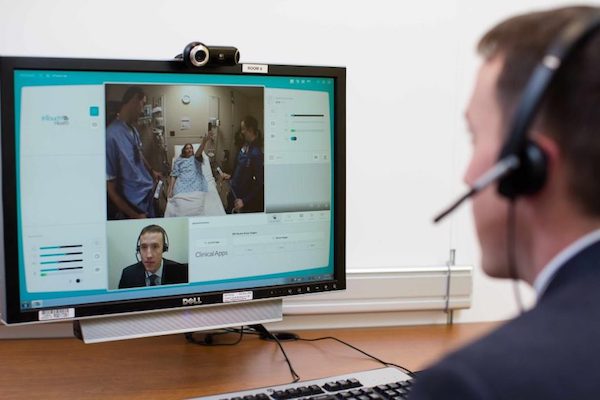 | Leveraging Telehealth to Treat Patients with COVID-19 — Part 1 (Podcast Episode 19) In the first part of a two-part episode, Amit K. Ghosh, M.D., M.B.A., speaks with M. Nadir Bhuiyan, M.D.; Ravindra Ganesh, M.B.B.S., M.D.; and Ryan T. Hurt, M.D., Ph.D., about the Mayo Clinic COVID-19 front-line care team and their efforts to establish a telemedicine practice for patients with COVID-19. |
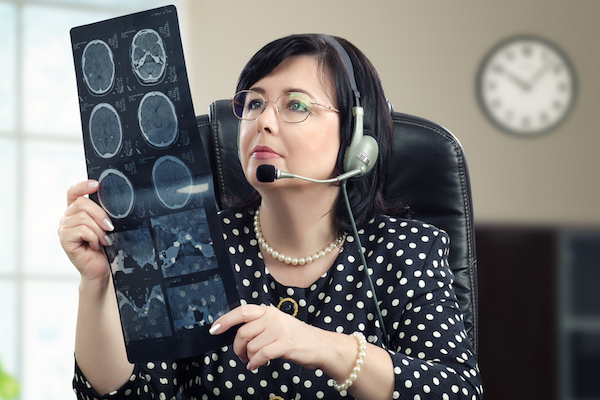 | Harnessing Telehealth Without Sacrificing Safety (Podcast Episode 12) How can telehealth be used to care for people with COVID-19? How can we leverage telehealth to bring resources to rural facilities? Collaboration through telehealth can provide care where it's convenient for patients, help offload cognitive burden from colleagues, and mitigate exposure and PPE challenges during this pandemic. Christopher S. Russi, D.O., walks through how the process works, how it's being leveraged at Mayo Clinic under typical circumstances, and how it's being utilized to triage and inform care for patients with suspected or confirmed COVID-19. |
Course Director
 | Devyani Lal, M.D. |
|
|
Topic/session specific faculty are detailed on each course page under the Faculty tab.
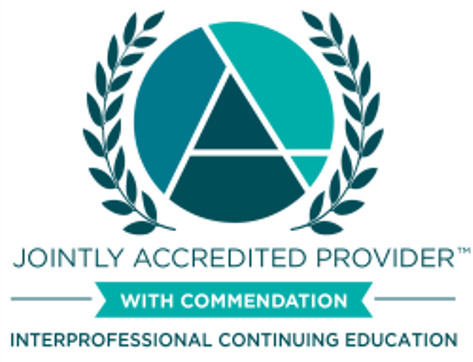 Accreditation Statement
Accreditation Statement
In support of improving patient care, Mayo Clinic College of Medicine and Science is jointly accredited by the Accreditation Council for Continuing Medical Education (ACCME), the Accreditation Council for Pharmacy Education (ACPE), and the American Nurses Credentialing Center (ANCC) to provide continuing education for the healthcare team.
AMA
Mayo Clinic College of Medicine and Science designates this enduring material for a maximum of 5.25 AMA PRA Category 1 Credits™. Physicians should claim only the credit commensurate with the extent of their participation in the activity.
Other Healthcare Professionals
A record of attendance will be provided to all registrants for requesting credits in accordance with state nursing boards, specialty societies or other professional associations.
For disclosure information regarding Mayo Clinic School of Continuous Professional Development accreditation review committee member(s) and staff, please go here to review disclosures.
Available Credit
- 5.25 AMA PRA Category 1 Credit™
- 5.25 Attendance
Cancellation and Refund Policy:
Request for cancellations must be submitted in writing to cme@mayo.edu. When cancelling a registration for a course 14 days or more before the course start date, a full refund (minus a $75 administrative fee) will be issued in the same form of payment the registration was received. No refunds are granted less than 14 days before the course start date.
Any use of this site constitutes your agreement to the Terms and Conditions of Online Registration.

 Facebook
Facebook X
X LinkedIn
LinkedIn Forward
Forward